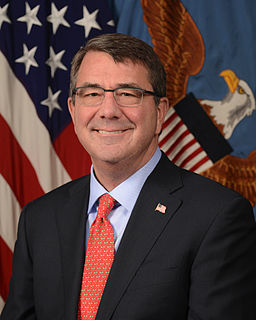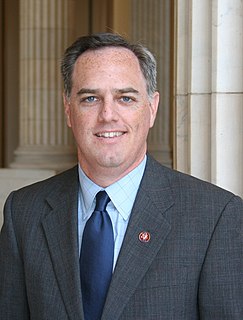A Quote by John Ralston Saul
Grand economic theories rarely last more than a few decades. Some, if they are particularly in tune with technological or political events, may make it to half a century. Beyond that, little short of military force can keep them in place.
Related Quotes
The world has changed far more in the past 100 years than in any other century in history. The reason is not political or economic but technological-technologies that flowed directly from advances in basic science. Clearly, no scientist better represents those advances than Albert Einstein: TIME's Person of the Century.
Nations are political and military entities, and so are blocs of nations. But it doesn't necessarily follow from this that they are also the basic, salient entities of economic life or that they are particularly useful for probing the mysteries of economic structure, the reasons for rise and decline of wealth. Indeed, the failure of national governments and blocs of nations to force economic life to do their bidding suggests some sort of essential irrelevance.
The greatest existential risks over the coming decades or century arise from certain, anticipated technological breakthroughs that we might make in particular, machine super intelligence, nanotechnology and synthetic biology. Each of these has an enormous potential for improving the human condition by helping cure disease, poverty, etc. But one could imagine them being misused, used to create powerful weapon systems, or even some kind of accidental destructive scenario, where we suddenly are in possession of some technology that's far more powerful than we are able to control or use wisely.
Police officers today are a protected class, one no politician wants to oppose. Law enforcement interests may occasionally come up short on budgetary issues, but legislatures rarely if ever pass new laws to hold police more accountable, to restrict their powers, or to make them more transparent. In short, police today embody all of the threats the Founders feared were posed by standing armies, plus a few additional ones they couldn't have anticipated.
NATO was formed post-World War II. We're a little bit more than a half-century old. Do we want NATO to go on for another half-century? I think that the answer is, sitting here today: I don't know. If I had to bet on it, I would say, yeah, we have to have these alliances going forward and see who's going to pay for them.



































